Both petrol/gasoline engines and diesel engines are internal combustion systems. In technical terms, the key difference between the petrol engine and the diesel engine is that the former functions on the Otto cycle while the latter on the diesel cycle. There are also differences in the types of fuels used, efficiency, and weight, engine structures, spark plugs, and fuel injectors.
Differences Between Diesel and Petrol Engines
-
Functions
Patrol engine works on the principle of Otto cycle, a thermodynamic cycle that ignites sparks. Otto cycle works on four processes and supplies the fuel into the combustion chamber Carburetor. With a mixture of air and fuel, this cycle uses spark plugs to get ignited.
A diesel engine works on a diesel cycle where it does not require any spark plug because of its high compression ratio. The injector injects fuel by drawing air. The diesel cycle has high efficiency compared to the Otto cycle.
-
Compression ratio
Generally, petrol engine has lower compression ratios of 6 to 10, whereas diesel engine has 10 to 20 high compression rate.
The compression ratio is the ratio between the capacities of the combustion chamber.
Most modern petrol engines have a compression rate of 10.0:1 to 13.5:1 and diesel engines are about 22:1.
-
Fuel Consumption
Petrol engines have a higher fuel consumption rate than diesel engines. As latter has more efficiency of up to 30% to 40% and gasoline engines have less efficiency of 30% to 37.3%.
-
Mixture
In a petrol engine, fuel is pre-mixed with air in the Carburetor. The mixture is compressed by pistons of 12 to 18 parts of air and 1 part of fuel. However, some modern ones make use of an electronically controlled fuel injection, cylinder-direct petrol injection, which does this pre-mixing.
The fuel mixes with air inside the container in a diesel engine. These engines do not have fuel in the mixture first. They compress the air much more than the diesel fuel’s self-ignition temperature. As this suggests higher efficiency, after it is compressed, diesel engines take advantage by adding fuel into the air.
-
Maintenance Cost
Compare to gasoline engines, diesel-fueled engines need less maintenance. Because the former uses spark plugs or distributors which needs more maintenance than often. Thus the overall servicing cost of a gasoline engine is more than a diesel engine.
However, if diesel engines break down because of low maintenance, they can be expensive to repair.
-
Power Output
The power output of petrol and diesel engine is measured in brake horsepower. Meanwhile, the twisting force of the engine is measured by torque. Higher horsepower means maximum speed and higher torque also implies additional power at lower RPM.
Diesel engines have more torque which means they produce more power. Comparatively petrol engines produce a low amount of power but higher horsepower.
-
Ignition
As stated before, a spark-ignition engine uses the Otto cycle to ignite injected fuel by a spark plug. However, modern petrol engines use the automatic electrical plug to ignite
The diesel internal combustion engine differs in using compression ignition rather than spark ignition. The highly compressed hot air ignites the fuel rather than using a spark plug.
-
Environmental
When diesel engines operate in low air/fuel ratios, they create black smoke and smell from diesel cars. Recent diesel engines are safer for the environment as they release less carbon-di-oxide into the air.
In this case, petrol engines also have a bad effect on the environment. Though diesel engines do more harm compared to petrol engines.
-
Type of Fuels
The diesel engine was originally invented to use dirt as fuel. However, it uses petroleum, refined from crude oil, which is a concentrated composition of heavy hydrocarbons, alkanes containing 12 to 16 carbon atoms per mole.
Petrol is also a concentrated mix of alkanes and cycloalkanes having a chain length of 5 to 12 carbon atoms per molecule.
There are also other fuels like biodiesel, ethanol, propane, compressed natural gas.
Also, gasoline is extremely volatile as it is rated by its octane while diesel is low volatile with Cetane as a measure of the tendency to auto-ignite.
-
Vehicles
Many heavy vehicles like trucks use a diesel engine as it has more torque for loaded trucks to keep moving. On the contrary, cars and motorcycles mostly use petrol engines.
Should You Buy a Diesel or Petrol Car?
Those who drive many highway miles often prefer diesel engines, as they are more efficient than gas engines. Diesel engines roughly use an average of 15 to 20% less fuel on highway trips making these more economical than a petrol engine-operated car.
Diesel cars also have more torque and impressive acceleration in a better fuel economy range. Though the fuel cost per liter for diesel cars costs more than petrol’s price, diesel still is more economical in the long run. For example, to access the same amount of power gas engine might burn 8-liter fuel whereas a diesel engine might need 6-liter.
In the past, diesel engine-operated cars were ignored by car users as they were noisy, created black smoke, and left a major carbon footprint in the environment. But recent developments in technology have resolved all the issues with diesel engine vehicles, leaving a less marginal gap with petrol cars.
However, diesel cars do not perform well in busy roads with traffic as burn more fuel to restart. Petrol cars are faster and petrol oils are available in than diesel.
FAQs
1. Are petrol cars faster than diesel cars?
Ans. Petrol cars are faster as they have higher horsepower. Though diesel cars have higher torque that attributes to moving heavy vehicles, they’re slow in acceleration. Meanwhile, petrol cars have higher RMP ranges that make them run faster and smoother. That is why race cars use petrol engines as they have to do with horsepower than torque.
2. Are diesel cars louder than petrol?
Ans. Diesel cars are generally louder than petrol cars as they race at a much higher compression ratio of 14 to 24. Also, gases increase in the cylinder creating pressure during combustion escape through the port. This is one of the prominent reasons diesel being loud.


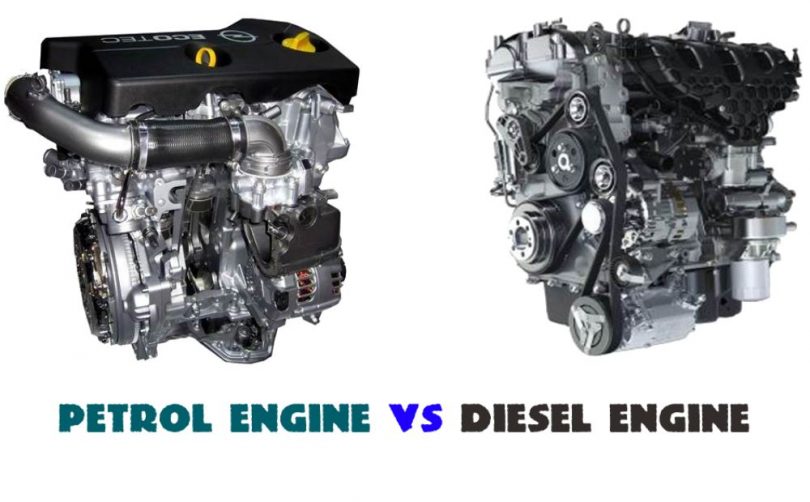
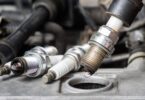
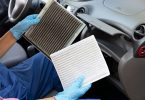


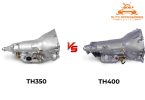
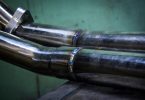

Leave a Comment